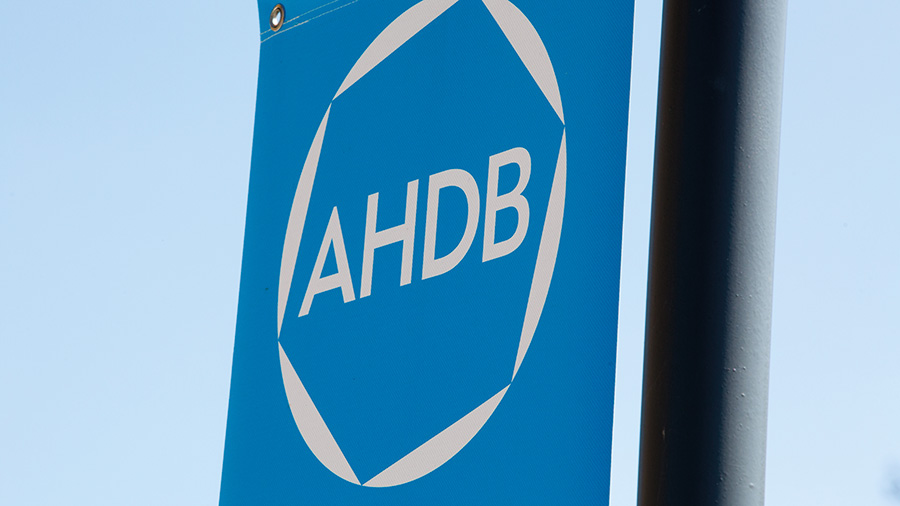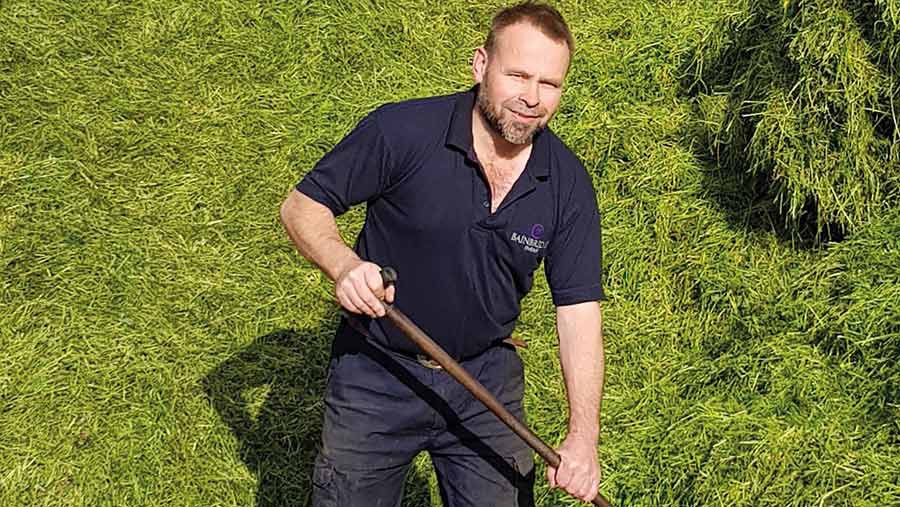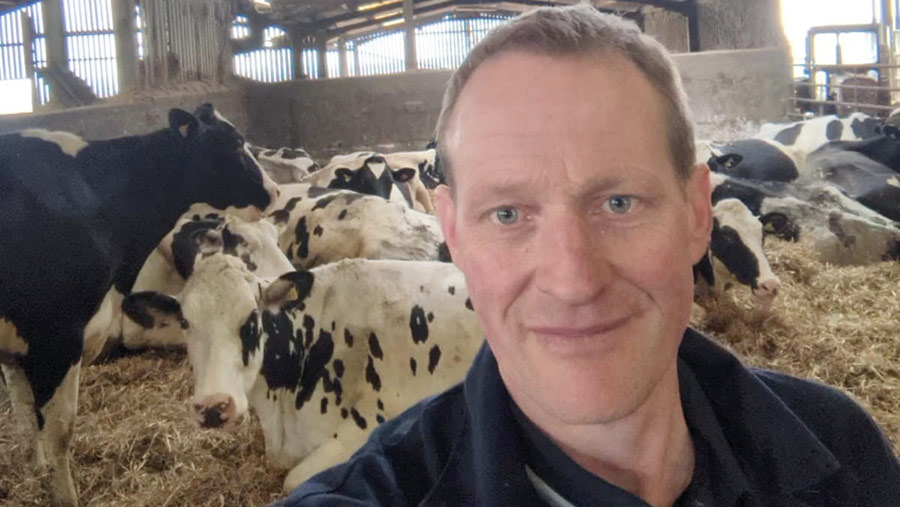Future of AHDB levy spending – what two farmers think
 © Tim Scrivener
© Tim Scrivener Levy payers have been urged to register to vote on how the AHDB spends its cash, amid concern that not enough stakeholders have signed up with less than three weeks to go to the 31 March deadline.
The “Shape the future” vote will allow levy payers to say what they think the AHDB’s priorities should be, what the organisation does that they value, and how they would like their money spent.
See also: Opinion: Take part in AHDB ‘shape the future’ consultation to have your say
But only about 5,500 levy payers – less than 10% – have so far registered to vote, with the beef and lamb sectors particularly unrepresented.
Tim Rycroft, AHDB chief executive, said the levy board was doing everything it could to give farmers the chance to have their say, and their opinions would make a difference.
“There is a bit of understandable scepticism about whether or not this is a real exercise,” Mr Rycroft told the Farmers Weekly Podcast.
“It is the first time we have done it and I don’t think it is until we have actually been through it and shown that expressing views through the vote will affect the decisions we make about the levy.”
Two farmer views
Simon Bainbridge

© Simon Bainbridge
Livestock farmer Simon Bainbridge, who produces beef, lamb and organic eggs on his 670ha Northumberland uplands farm, has criticised the AHDB for moving away from Eblex, which was the old beef and lamb levy board for England, to the overarching structure it has now.
“Suddenly, you find that putting it under one umbrella and trying to share costs is just hugely unfair on beef and lamb levy payers when they in reality fund the bulk of the AHDB,” said Mr Bainbridge.
“I think the bodies should have stayed separate. The needs are very different for someone selling wheat compared with someone who wants a very good marketing programme for their beef and lamb.”
The farmer said he would also be in favour of a yes/no vote on the future of the AHDB levy, though that is currently not on the table. “Even if it is every five years, there should be a vote, because that creates the ultimate change.”
Mr Bainbridge, who has registered his vote for the beef and lamb sectors, was also critical of the AHDB’s farm comparison tool, Farmbench.
“If you take a look today at where the price of fertiliser, fuel or machinery is, we’ve got huge volatility on all of these input costs, but also on output costs, what we sell beef and lamb for.
“Every farm is so different, there is such a mix that trying to do some benchmarking costing service is nigh on impossible – we just don’t know what the costs are from one day to the next.”
Mr Bainbridge wants to see the AHDB direct more money towards marketing and promoting produce. “We need to restructure and make sure that whatever way the farmers vote, we steer it in that direction.”
Andrew Wood

© Andrew Wood
Mixed farmer Andrew Wood, from north-east Derbyshire, sees the AHDB as a crucial resource and says the vote is an easy way to shape the levy board so it continues to be worthwhile.
Mr Wood has a 120-cow dairy herd plus followers, and finishes about 100 beef cattle from the farm each year, as well as growing 60ha of cereals.
The farmer has registered his vote for dairy, beef, and cereals.
“The Milk Your Moments advertising campaign showed that, on a relatively small budget, they could hit a wide audience and have quite a big impact, which I thought was useful,” said Mr Wood.
As well as AHDB’s marketing work, the farmer values the data that is available to help him make decisions about his business, such as sire selection.
“There is so much information from AHDB out there, but people often don’t realise where it has come from and will pay a consultant for information that is already available to them.”
Mr Wood said the AHDB’s field officers have been invaluable to him. “I was persuaded to come to a grazing group a few years ago.
“A group of 10-15 farmers pooled information, including financial data and how we farm. From being someone who grazed his cows out and didn’t really think further about it, I went to almost daily paddock grazing and utilised my grass a hell of a lot better.
“It was a good example of sharing ideas and how that can benefit everyone.”
